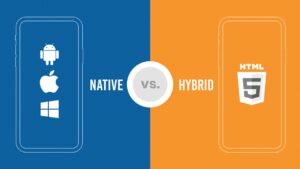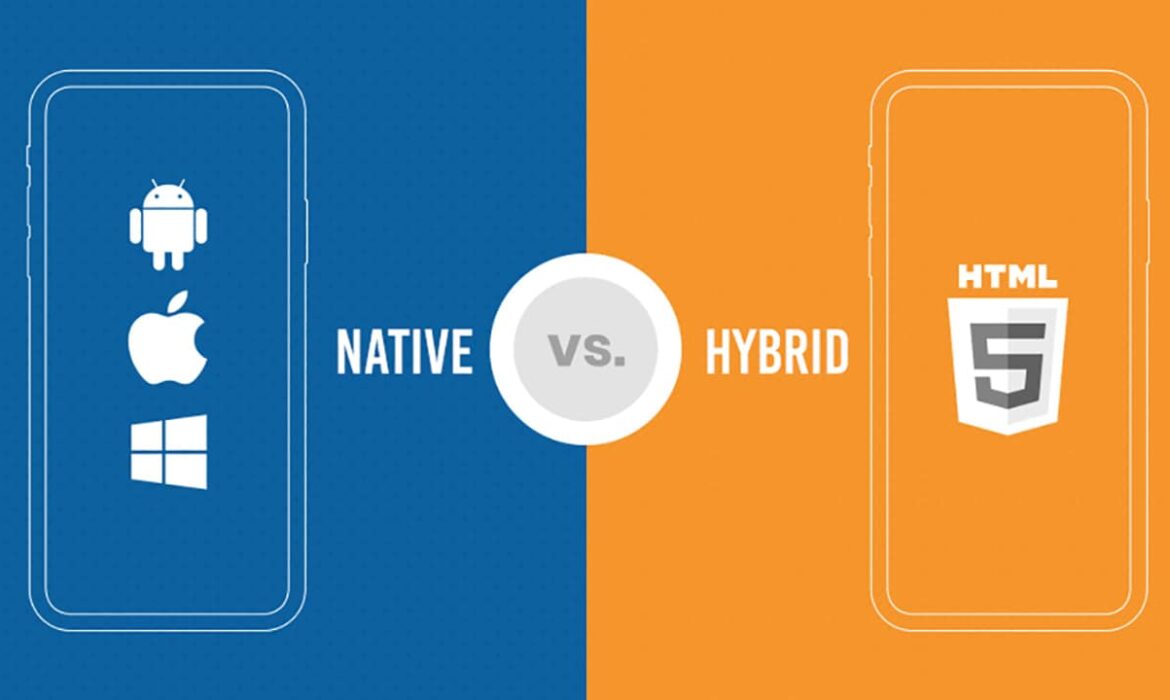 Mobile apps are increasingly being developed in recent times. The reason is simple. There are 4.4 billion mobile users globally as reported by DealSunny. Each hour people make 68 million Google searches generating $3 million revenues, 8 million purchases on Paypal, open 2 billion emails, send 768 million text messages and 1 billion WhatsApp messages. As such, businesses are quickly leveraging this mobile revolution to stay ahead of the competition. Companies build mobile apps to provide a superior customer experience, tap into new markets, engage with customers, boost sales and be competitive.
Mobile apps are increasingly being developed in recent times. The reason is simple. There are 4.4 billion mobile users globally as reported by DealSunny. Each hour people make 68 million Google searches generating $3 million revenues, 8 million purchases on Paypal, open 2 billion emails, send 768 million text messages and 1 billion WhatsApp messages. As such, businesses are quickly leveraging this mobile revolution to stay ahead of the competition. Companies build mobile apps to provide a superior customer experience, tap into new markets, engage with customers, boost sales and be competitive.
One of the important challenges while building a mobile is choosing between native and hybrid app development models. While both app types come with pros and cons, your product goals and business objectives should decide the type of app best suited for your organization. Here is a comparison of two mobile app types.
Native App Vs Hybrid App: Overview
A native app is built for a specific platform and OS and uses a special programming language compatible with the platform. While building a native app, developers use Integrated Development Environment (IDE), SDK, interface elements and development tools related to that platform. For instance, a native app for iOS is written using Objective-C or Swift while a native app for Android devices is written in JavaScript.
A hybrid app is platform-agnostic and OS-agnostic which means you can run it on iOS, Android, Windows and other platforms. Hybrid apps are built using HTML5, CSS, and JavaScript. A hybrid app is actually a web app that is wrapped with a native interface.
Native App Vs Hybrid: Development
Developing native apps takes a long time and is expensive when compared to a hybrid app. To build an iOS app, developers use Swift or Objective-C. Similarly, JavaScript or Kotlin is used to build native Android apps. It gives them full access to the full-featured set and OS functionality. However, developers should have expert knowledge of the programming language to manage OS components. Moreover, you have to write different code bases for iOS and Android platforms.
When it comes to hybrid apps, development is easy as you can use a single code base to run on multiple platforms. The backend is developed using JavaScript, HTML and CSS and the front end comes with a native shell wrapper that is downloaded onto the user machine via a webview. Hybrid apps don’t need a web browser. They can access device hardware and APIs. However, they have to depend on a 3rd party for the native wrapper. Being dependant on frameworks and libraries such as Ionic or Cordova, hybrid apps should always be maintained in perfect sync with platform updates and releases.
Native App Vs Hybrid: Performance
When it comes to performance, Native apps have an edge as they are built specifically for the platform. They are easy to use and deliver faster performance. They seamlessly integrate with the native environment to access tools such as camera, mic, calendar, clock etc. to deliver superior performance. The native platform gives assurance of the quality, security and compatibility with the platform of the native apps. On the other hand, hybrid apps are not built for a specific OS which means they are slow. The speed and performance of a hybrid app depend on the speed of the internet connection of the user’s web browser. It means the performance cannot beat native apps.
Native App Vs Hybrid: User Experience
When it comes to user experience, Native apps deliver a great user experience as they perfectly blend with the branding and interface of the platform. Developers get the luxury of designing an app that fully matches the interface of the platform following specific UI guidelines and standards. They can run offline and online. On the other hand, hybrid apps are not optimized for UI/UX designs as they don’t target a specific OS, platform or group of users.
Native App Vs Hybrid APP: Cost
Building a native app is more expensing compared to a hybrid app as you have to create separate codebases for each platform. For instance, if you create an app for iOS using Swift, it will not work on an Android mobile. It means you have to rewrite the same app using JavaScript or Kotlin that adds up to the initial costs. Moreover, updates and maintenance tasks require additional budgets. Releasing the same features on iOS and Android platforms at the same time is a challenge as releasing cycles and updates are different for both platforms.
Another challenge is that you require diverse skillsets to build and manage multiple versions of the same app. For instance, Swift developers might not have the same level of expertise with Kotlin. You have to hire more developers for the job. All these aspects add up to development time, costs and complexities. Hybrid apps are quick to build and deploy and are cost-effective. Maintenance is easy as well. However, compatibility issues between the device and the OS might creep up in the long run.
Native App Vs Hybrid App: Which one to choose?
Hybrid apps are easy to build and manage while being cost-effective. If you have less time to market, you can quickly build a hybrid app. With customer experience becoming important for businesses in recent times, delivering a superior user experience is always recommended. As such, user experience should be the primary aspect while choosing an app development model. Native apps help you to deliver great UI/UX designs.







